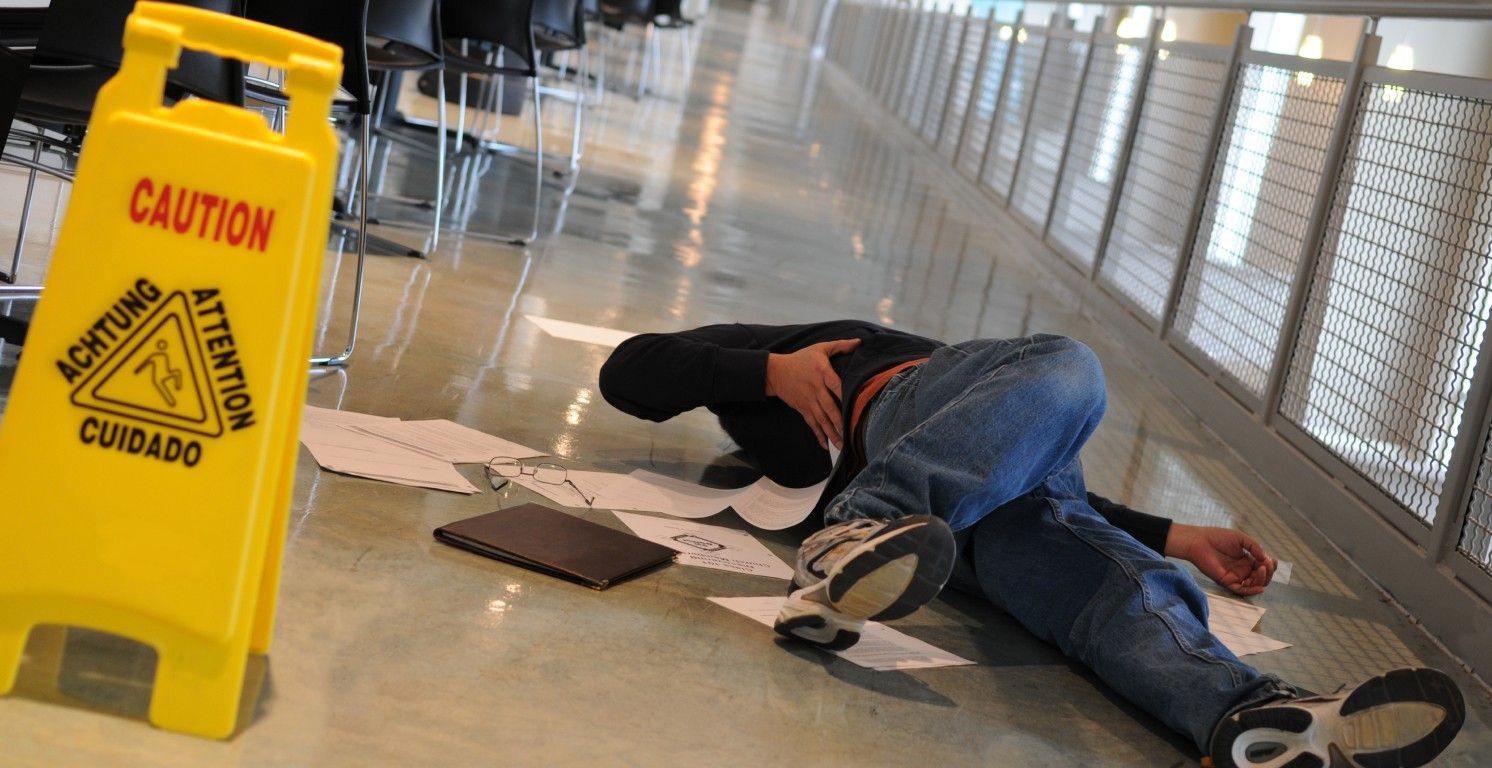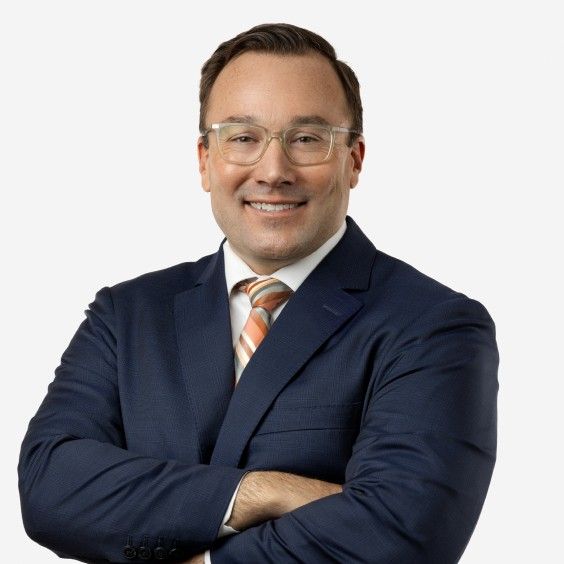
Denver Premises Liability Attorneys
Seeking Justice for You
In Denver, Colorado, property owners have a responsibility to maintain a safe environment for anyone who steps foot on their premises. Unfortunately, when they fail to do so, the risk of serious accidents, like slip-and-fall incidents, grows significantly.
At Jorgensen, Brownell & Pepin, P.C., we aim to hold negligent property owners accountable for their oversights. We will pursue compensation for victims, including coverage for medical expenses, lost wages, pain and suffering, and physical impairment..
If you were involved in an accident that was not your fault, call (303) 678-0560 now.

Why Clients Have Chosen Us for Over 30 Years
Our legal team of Colorado personal injury lawyers is passionate about protecting the rights of victims and their loved ones. Here’s why clients choose us:
- We handle all personal injury cases on a contingency fee – if we don’t win, you don’t pay!
- We have over 30 years of experience in premises liability cases
- We get results for our clients–millions of dollars in compensation
- We deliver personalized service, give our clients the time and attention they need, and get them maximum compensation
- We love our clients!
No Upfront Costs & No Recovery, No Fee
At Jorgensen, Brownell & Pepin, P.C., we accept personal injury cases, like premises liability claims, on a contingency fee basis; that means we don't get paid unless you do. We’re in this together! Our fee and the case costs we advance for you come out of the money we get for you. No recovery, no fee. It’s that simple.
Common Questions About Slip & Fall Accidents
What are some of the common causes of slip-and-fall and trip-and-fall accidents?
Slip-and-fall and trip-and-fall injuries often result from dangerous conditions, including:
- Unmitigated snow and ice
- Uneven and cracked sidewalks
- Slippery, neglected floors
- Poorly lit areas
- Missing handrails
- Dangerous building design
- Employee inattentiveness to safety protocols
What should I do immediately after a slip and fall accident?
After a slip-and-fall or trip-and-fall injury, prioritize your safety and seek medical attention. Then report the incident to the property owner or manager and document the scene, including taking photographs of the hazard or dangerous condition that caused the fall. Gather any witness information and preserve any evidence related to the accident.
How can I prove liability in a slip-and-fall or trip-and-fall case?
Proving liability involves gathering evidence such as photographs, incident reports, witness testimonies, surveillance footage (if available), and expert opinions. It is crucial to demonstrate that the property owner or occupier was negligent in maintaining the premises or failed to address the hazardous conditions that led to the accident.
What types of compensation can I seek for my injuries from a slip and fall?
Compensation for a premises liability claim may include medical expenses, pain and suffering, lost wages, rehabilitation costs, physical impairment, disability or disfigurement, and sometimes punitive damages. Our personal injury attorneys can help determine the specific types of compensation applicable to your situation.
How long do I have to file a lawsuit after a slip-and-fall or trip-and-fall accident?
Colorado law generally allows you to file a premises liability claim two years from the date of the accident if it was on private property.
What if the property owner denies responsibility for my slip-and-fall or trip-and-fall injuries?
Consulting with an attorney is crucial if the property owner denies responsibility for your slip-and-fall or trip-and-fall. The legal team at Jorgensen Brownell & Pepin, P.C. will evaluate the circumstances, gather evidence, and advocate on your behalf to establish liability and pursue appropriate compensation.
What is an open and obvious hazard?
When a slip and fall or premises liability case is developing, it is common to hear the term “open and obvious hazard.” In legal considerations, an open and obvious hazard is one that was in an area that was open to visitors and that was obvious enough that it should have reasonably been noticed and addressed by the proprietor before an accident happened.
The open and obvious hazard argument can be used by both the claimant and the defense, so a careful and knowledgeable approach is important. As a claimant, you can argue that the proprietor failed in their responsibility to protect you from a hazard that they knew or should have known about. But the defendant might try to argue that if the hazard was obvious, then you should have noticed it and avoided your accident.
What is Colorado’s modified comparative negligence rule?
In Colorado, modified comparative negligence rules prevent claimants from getting compensation if they are determined to be 50% or more at fault for their own injuries. Our goal will be to use convincing arguments and evidence to clearly establish liability where it belongs.
Personal Injury Specialties
Get more information about our personal injury representation
We’ve Helped Others Like You
Our Colorado Attorneys











Get The Help You Need
Get JBP Legal’s experience on your side. Contact us for questions or a consultation.



